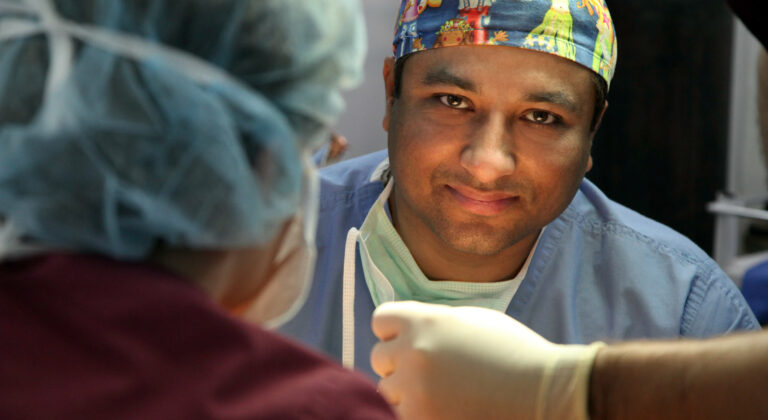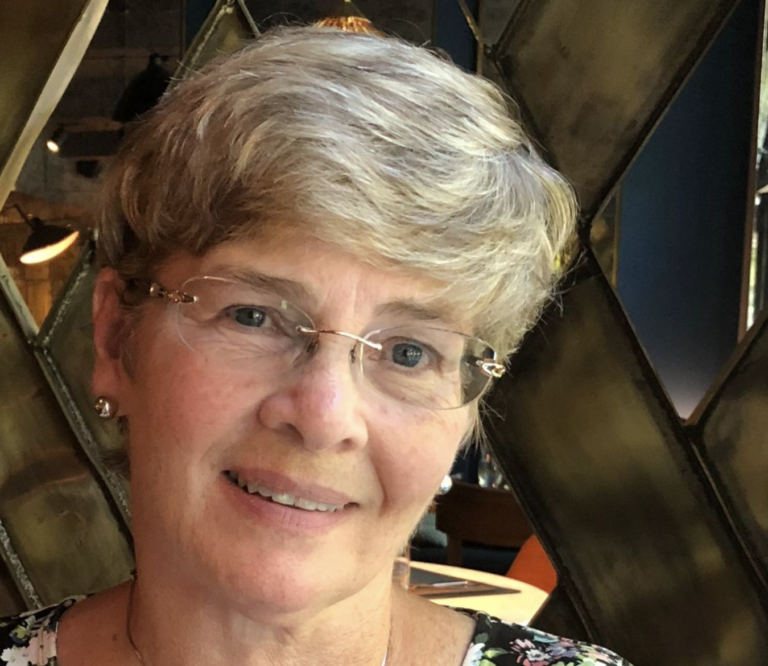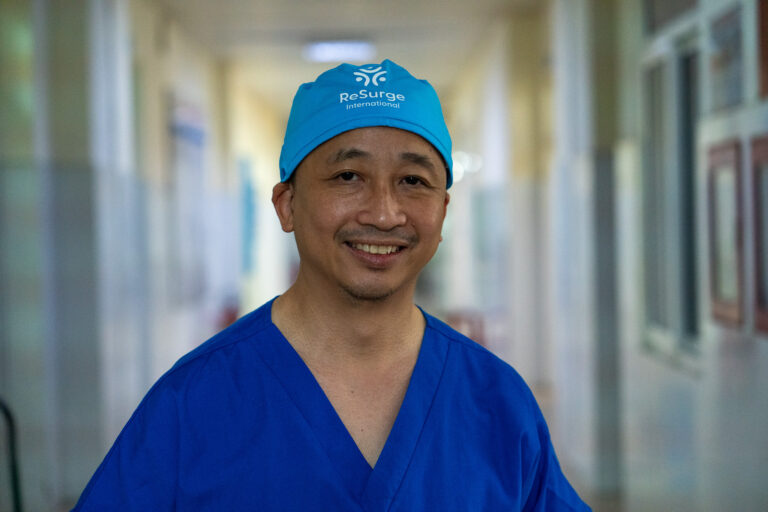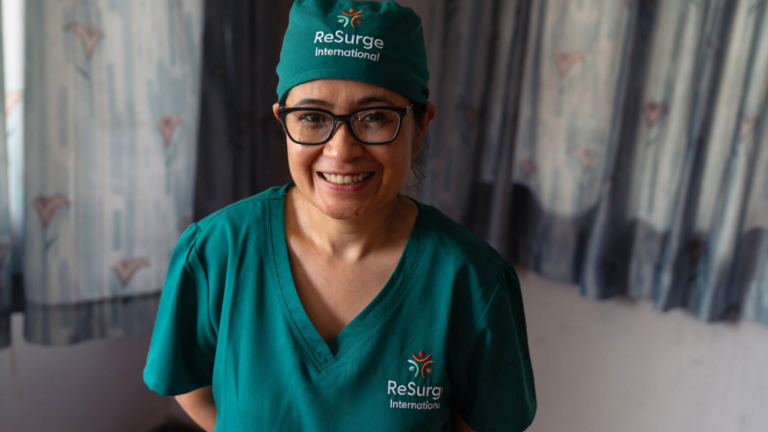At ReSurge, we know that one of most effective way to transform lives in low-income countries is through consistent, year-round support. Our financial support and training of certified local Surgical Outreach Partners ensure they can provide free reconstructive surgical care to the most vulnerable in their communities. We caught up with one of our partners, Dr. Kush Aeron, a reconstructive surgeon in Dehradun, India about his long-standing connection to ReSurge and how he is helping his community: one surgery at a time.
Can you tell me about yourself—what made you want to go into medicine?
I was brought up in Dehradun—it is in the north of India and it is in a small state called Uttarakhand. I did my medical school at Gandhi Medical College in Bhopal and graduated in 1998. Then, I did my residency in burns and plastics at LNJP hospital in Delhi, where I was there for two years. I then came back to my home state and started practicing in remote areas, particularly in areas near the China and Nepal borders. I stayed there for four years, before moving to the district hospital in Dehradun as an emergency room physician. I am getting paid to do what I love to do. I’m basically on a paid vacation.
How did you get involved with ReSurge International?
In 2006, my father started his work with ReSurge. I saw the team operating and I was very impressed by the work they were doing. The culture of the surgeons and nurses was incredible. I started slowly working with them to coordinate their trips alongside my father. I kept working with ReSurge while continuing to be an emergency room physician. With ReSurge’s financial support, I was able to return back to school to get a Masters in surgery and continue my training with the National Academy of Burns. After that, I started doing independent sponsored cases with ReSurge. I was able to do 150 cases per year with their support at the ReSurge volunteer outreach center in Dehradun. Alongside that, I work at the government hospital for the state of Dehradun. I work with ReSurge partners with the visitor educator outreach programs, where I organize team trips and also assist on some of the bigger cases.

What are you working on with ReSurge during their next visit?
Recently, Dr. Vinita Puri, another ReSurge Surgical Outreach Partner from Mumbai, India came to Dehradun and assisted on cases for two weeks here at a ReSurge sponsored, regional surgical outreach camp, for around almost 18 hours a day. ReSurge also brought over Dr. Kulkarni, one of the recipients of the Matolase Mtonga Scholarship, to train for a couple of days with Dr. Puri and me.
How was the journey to become a surgeon in Uttarakhand?
I had tried other pathways and other diploma programs, but ultimately I wanted to be a surgeon. So I waited nine years for that dream to come true. When I was in primary school, I thought I would become a cab driver or a doctor. And here we are. There were definitely hurdles along the way. I couldn’t afford tuition fees and I kept volunteering with ReSurge. All my friends and family thought I was wasting my time and not making enough money. But I knew I wanted to do something bigger than myself and truly do justice to my community and those that supported me.
What is one of the most impactful cases you’ve had recently?
I treated an 11 year old boy. He was flying a kite for Vasant Panchami [a traditional Hindu kite-flying event] and there was an electric pole that was live and too low. His right hand touched the wires and he developed compartment syndrome [an increase in pressure in the hand due to internal bleeding, causing loss of vital blood flow and functions]. This operation was a limb saving surgery. It was a six-hour operation and we saved his hand.
I recently saw a 14 year old girl, who got her burns when she was only 3 years old. She never came out of the house—she had such severe neck contractures that she couldn’t even put on a shirt. Within six days after her surgery, she was finally able to put on a shirt and attend school with her peers.
At the moment I have an extremely brave 17-year-old girl with severe burns on her head and face. She has epilepsy and fell into a boiling pot of water during an episode, where she was in the scalding water for around 20 minutes. Her father passed away when she was a child, so she came to Dehradun from her village to stay with her uncle and sister, who are by her side almost everyday. She is still in the acute burn phase, and needs several procedures to cover exposed areas on her head, reconstruct her left eyelid, and remove her right eye which she lost. This young girl is extremely strong, her sister is committed to her healing, and she reminds me everyday why I do this work.
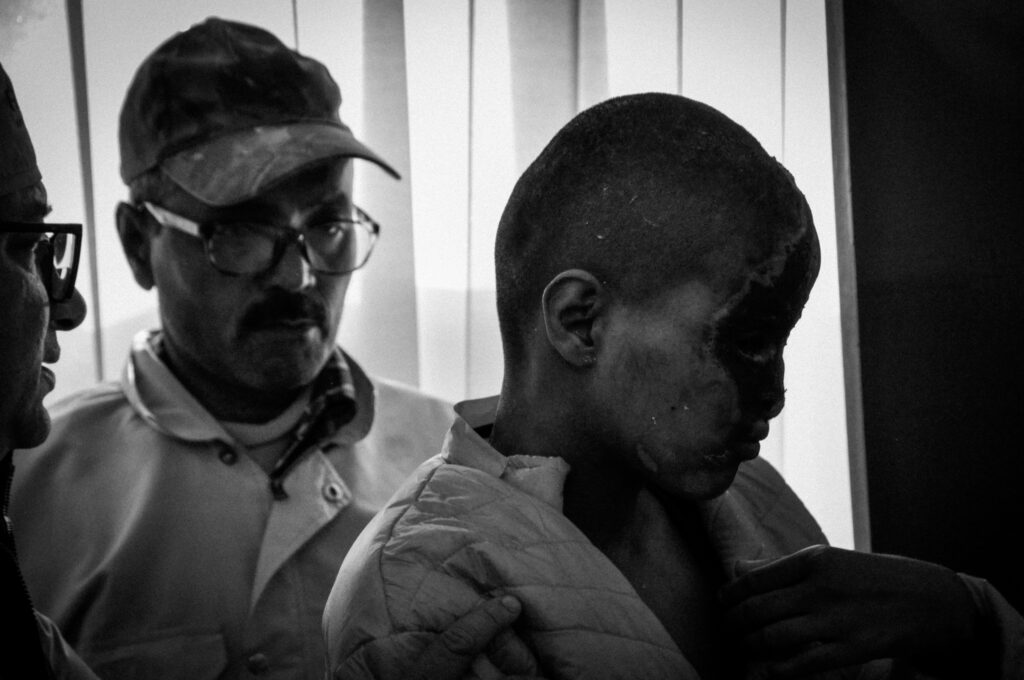
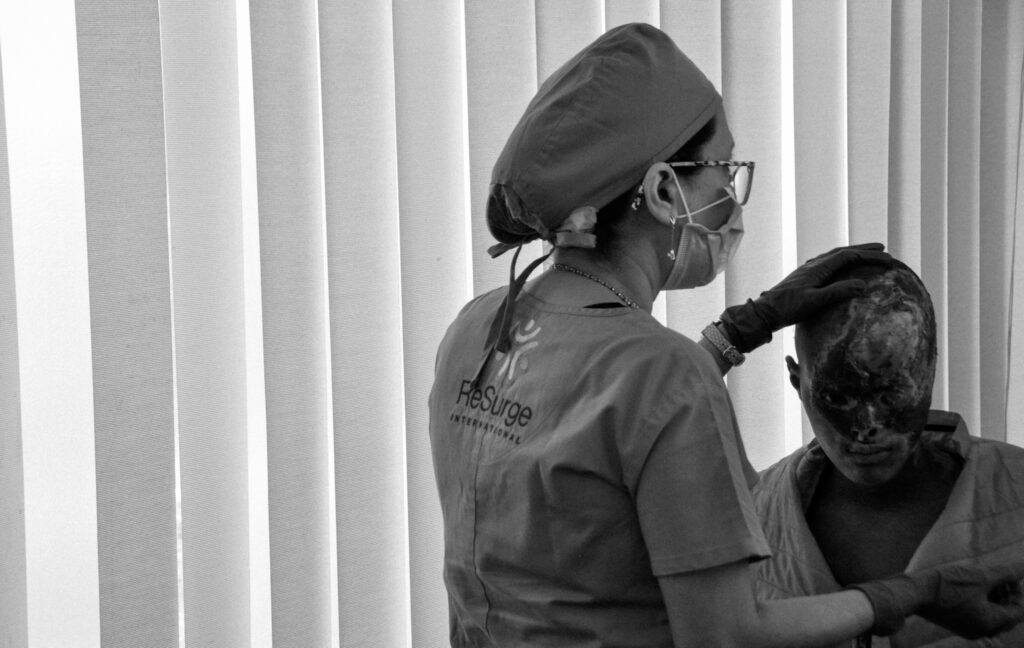
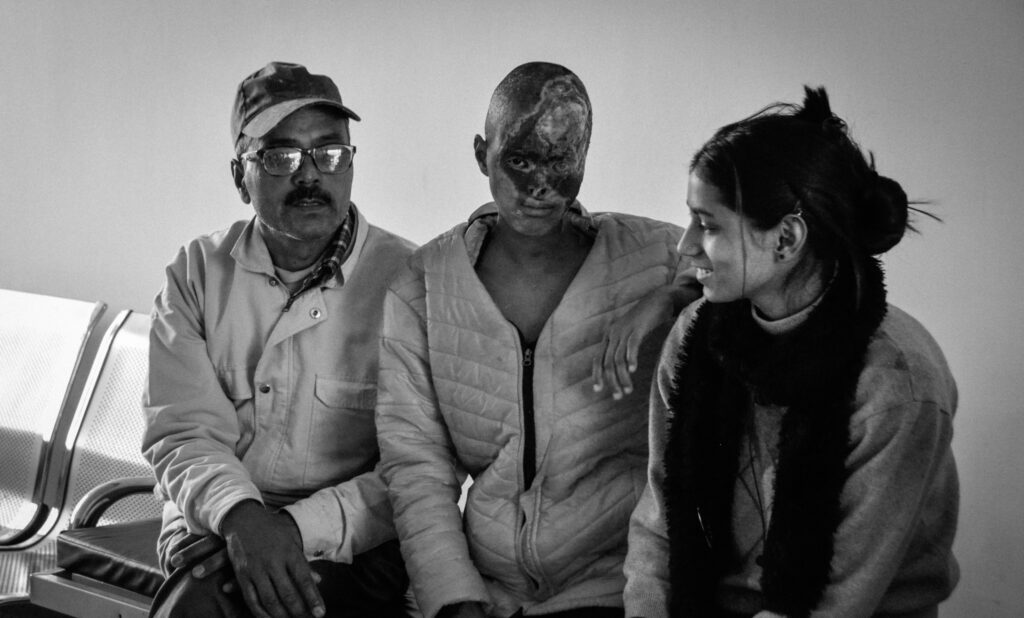
What challenges do you face in your practice?
The biggest challenge is combatting the mindset some of these patients have. Too many patients don’t even know their problem—their burns or contractures—are curable. They think it’s a curse by God. But it is correctable and operable! I want to convince more patients that we can help them as well as the caretaker that is helping them through their struggles. With every surgery, we’re helping two people: the patient and their family member.
With ReSurge’s help, more and more people know it’s correctable. Now we finally have a waiting list of patients that want to be healed. And as we expand our outreach, we gain more man power, more money, and more supplies to conduct more surgeries with ReSurge.
Why did you decide to pursue training in reconstructive surgery in particular?
In India, burns are a disease of the poor. Only poor people get burned here. If you don’t treat them, no one will. These are difficult surgeries, but someone needs to help these patients.
What are your goals for the future of reconstructive surgery in your country?
I want to see less and less surgeries that are done on “old” burns. The less post-contracture burn surgeries I do, the happier I’ll be. Burns need to be treated immediately and on the spot. Even training more assistants to do the small things like washing and soaping a burn will make all the difference.
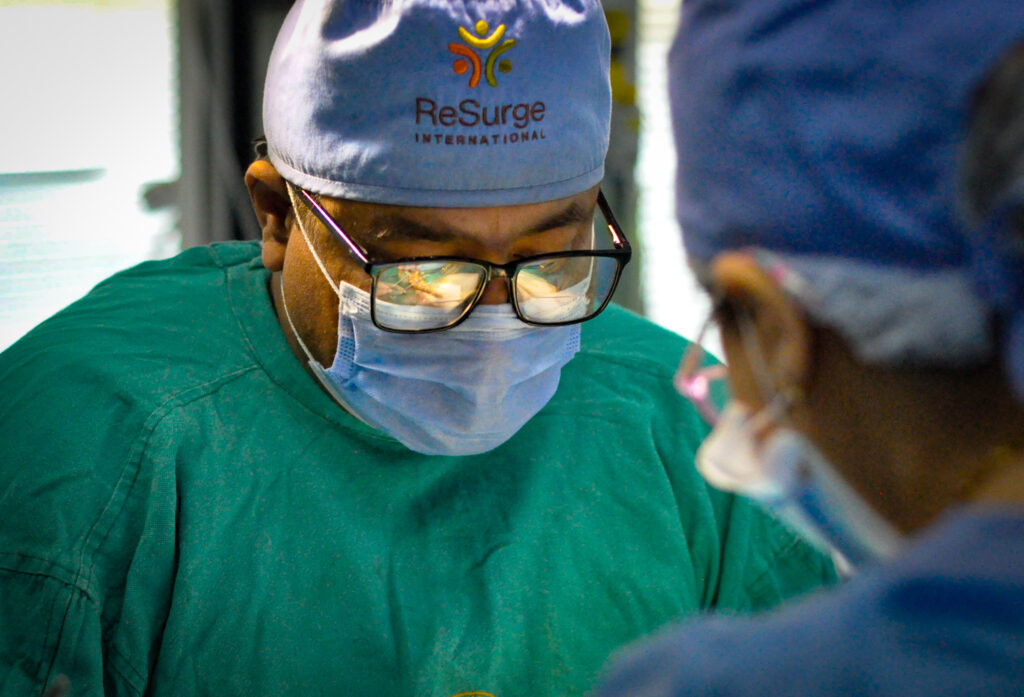
About the author: Vaibhavi Shah is a ReSurge Medical Student volunteer and a second year medical student at the Stanford University School of Medicine.

